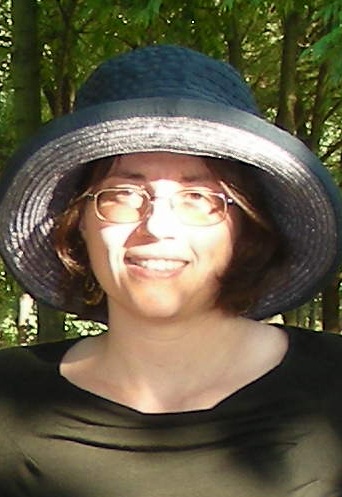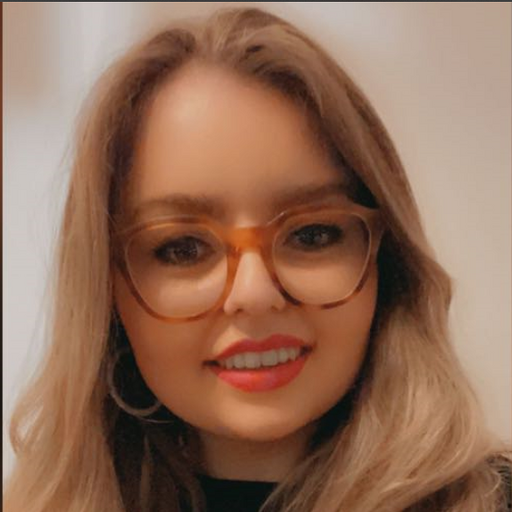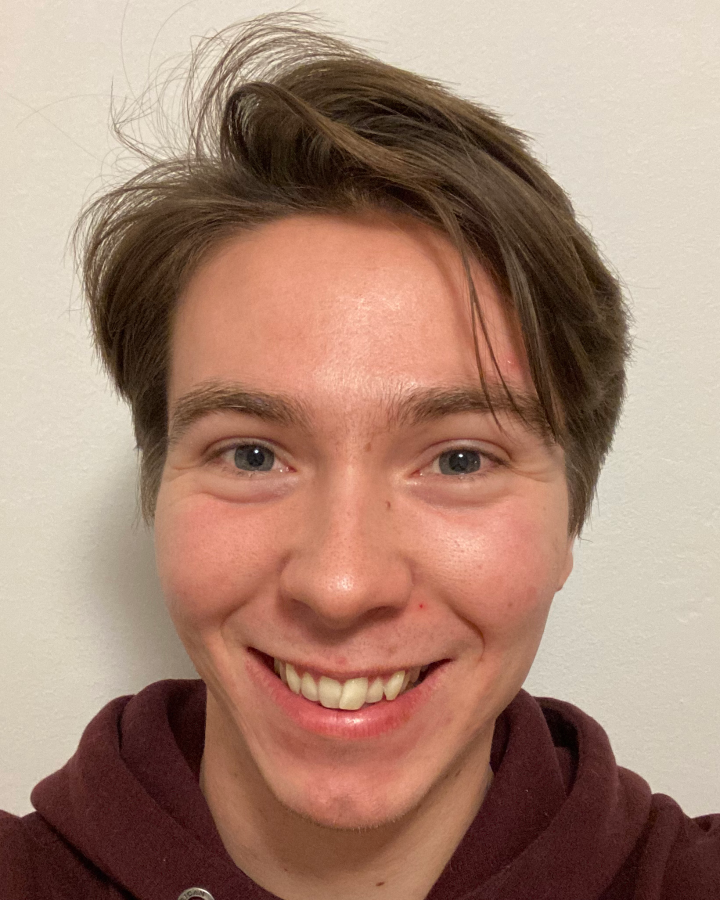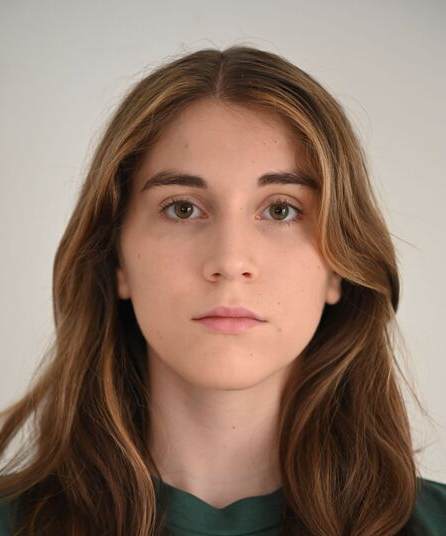Manuel Wimmer

Privatdoz. Mag.rer.soc.oec. Dr.rer.soc.oec.
Manuel Wimmer
- Email: manuel.wimmer@tuwien.ac.at
- Phone: +43-1-58801-18829
- Office: HG0219 (1040 Wien, Favoritenstrasse 11)
- About: UML, Object-oriented Modeling, Domain-specific Modeling, Metamodeling, Model Transformation, Software Engineering, Web Engineering, Model Engineering, Industrial Engineering, Automation Engineering, Multi-disciplinary Engineering
- Orcid:
- Keywords: Model Driven Engineering, Web Engineering, Model Transformation
- Roles: Affiliated
Publications
Towards an Expressivity Benchmark for Mappings based on a Systematic Classification of Heterogeneities
 Manuel Wimmer
Manuel Wimmer Angelika Kusel
Angelika Kusel Werner Retschitzegger
Werner Retschitzegger Johannes Schönböck
Johannes Schönböck Wieland Schwinger
Wieland SchwingerKeywords:
Astract: A crucial prerequisite for the success of Model Driven Engineering (MDE) is the seamless exchange of models between diff erent modeling tools demanding for mappings between tool-specifi c metamodels. Thereby the resolution of heterogeneities between these tool-specifi c metamodels is a ubiquitous problem representing the key challenge. Nevertheless, there is no comprehensive classification of potential heterogeneities available in the domain of MDE. This hinders the
specifi cation of a comprehensive benchmark explicating requirements
wrt. expressivity of mapping tools, which provide reusable components for resolving these heterogeneities. Therefore, we propose a feature-based classifi cation of heterogeneities, which accordingly adapts and extends existing classifi cations. This feature-based classifi cation builds the basis for a mapping benchmark, thereby providing a comprehensive set of requirements concerning expressivity of dedicated mapping tools. In this paper a rst set of benchmark
examples is presented by means of metamodels and conforming models acting as an evaluation suite for mapping tools.
Wimmer, M., Kappel, G., Kusel, A., Retschitzegger, W., Schönböck, J., & Schwinger, W. (2010). Towards an Expressivity Benchmark for Mappings based on a Systematic Classification of Heterogeneities. In Proceedings of the First International Workshop on Model-Driven Interoperability (MDI 2010) @ MoDELS 2010 (pp. 32–41). ACM Press. http://hdl.handle.net/20.500.12708/53238
Plug & Play Model Transformations - A DSL for Resolving Structural Metamodel Heterogeneities
 Manuel Wimmer
Manuel Wimmer Angelika Kusel
Angelika Kusel Werner Retschitzegger
Werner Retschitzegger Johannes Schönböck
Johannes Schönböck Wieland Schwinger
Wieland Schwinger
Wimmer, M., Kappel, G., Kusel, A., Retschitzegger, W., Schönböck, J., & Schwinger, W. (2010). Plug & Play Model Transformations - A DSL for Resolving Structural Metamodel Heterogeneities. In Proceedings of the 10th Workshop on Domain-Specific Modeling (DSM´10) @ Splash 2010 (p. 6). Online Publication. http://hdl.handle.net/20.500.12708/53240
Registry Support for Core Component Evolution
 Christian Pichler
Christian Pichler Philip Langer
Philip Langer Manuel Wimmer
Manuel Wimmer Birgit Hofreiter
Birgit Hofreiter
Pichler, C., Langer, P., Wimmer, M., Huemer, C., & Hofreiter, B. (2010). Registry Support for Core Component Evolution. In Proceedings of the IEEE International Conference on Service-Oriented Computing and Applications (SOCA 2010) (pp. 1–9). IEEE Computer Society. http://hdl.handle.net/20.500.12708/53498
Keywords: model-driven, model versioning, conflict detection, refactorings
Astract: Within the last years, the popularity and appearance of model-driven software development (MDSD) has increased significantly.
The model-driven paradigm induces a shift from code-centric to model-centric development. Software models are considered as first class entites building the basis for generating an executable software.
Nowadays, MDSD is a widely accepted technology helping software developers to accelerate and simplify their work by raising the abstraction level of the software artefacts they create.
Large-scale software is usually produced by a high number of software developers, who are often working in parallel and spread all over the world. Therefore, the version management of software models is crucial for an effective, collaborative software development. One of the most important components of a versioning system for model artefacts is a precise difference and conflict detection, which is capable of identifying all operations executed by the developers and the eventually resulting conflicts that arise at merging independently changed models.
Without an appropriate difference and conflict detection system, software developers are forced to find occuring problems manually, which is a time consuming process. Especially complex operations, refactorings and language specific conflicts are hard to identify and can lead to serious malfunctions in the produced software if they remain undiscovered.
The main goal of this work is the development and implementation of an intelligent and adaptable conflict detection mechanism for models in the context of versioning. A framework will be presented which is able to precisly calculate the differences and detect conflicts in a generic way. Users may extend this system by providing language specific definitions which will be used to refine the functionality for specific modeling languages. In that way, the quality of the difference and conflict detection can be improved to minimize the need for manual interaction.
Langer, P. (2009). Konflikterkennung in der Modellversionierung [Diploma Thesis, Technische Universität Wien]. reposiTUm. https://resolver.obvsg.at/urn:nbn:at:at-ubtuw:1-23582
Auswirkungen von modernen Softwareentwicklungstechniken auf die Barrierefreiheit von Web-Anwendungen
 Roman Mauerhofer
Roman Mauerhofer Manuel Wimmer
Manuel WimmerKeywords: accessibility, web, software engineering, code generation
Astract: Model engineering is a current trend in software engineering.
Its aim is the automatic generation of executable code from abstract software models. Latest techniques focus mainly on functional aspects of the generated code, e.g. how Java code is generated from UML diagrams.
However, aspects of quality which do not come from the technical requirements are rarely considered. An important aspect of quality represents among other things the accessibility of web pages.
Legislation in Austria requires a barrier free access to official internet appearances for humans with special needs. This should have been implemented until 1st of Jan. 2008. In order to determine the accessibility of web applications so called Web Accessibility Guidelines (WAG) have been developed. For example, there are the WCAG (Web Content Accessibility Guidelines)of the W3C, which already became generally accepted as a de facto web accessibility standard. In order to fulfil the conformity with the legal regulations demanded above, public internet appearances must correspond to the respectively demanded guidelines. In this diploma thesis it is evaluated, in which way modern component frameworks and code generators fulfil the requirements resulting from the given guidelines. Therefore, WAG conform static html pages are used as a starting point. These static pages are developed to dynamic web applications by means of chosen component frameworks and code generators. The result of the generation process of each chosen development technology is finally rendered in form of html pages in the browser. These rendered pages are evaluated by means of WAG evaluation tools (test programs for the WAG conformance) regarding guidelines selected before. The results of this conformance evaluation demonstrate, to which extent the selected Web accessibility guidelines are violated. This evaluation also highlights which of the used development environments are better in terms of WAG conformance.
Mauerhofer, R. (2009). Auswirkungen von modernen Softwareentwicklungstechniken auf die Barrierefreiheit von Web-Anwendungen [Diploma Thesis, Technische Universität Wien]. reposiTUm. https://resolver.obvsg.at/urn:nbn:at:at-ubtuw:1-32025
Projects
Multi-Paradigm Modelling for Cyber-Physical Systems (MPM4CPS)
Name: MPM4CPS; Title: Multi-Paradigm Modelling for Cyber-Physical Systems (MPM4CPS); Begins On: 2014-10-01; Ends On: 2019-05-31; Context: European Cooperation in Science and Technology (COST); View Project WebsiteCOSIMO: Collaborative Configuration Systems Integration and Modeling
Name: COSIMO; Title: COSIMO: Collaborative Configuration Systems Integration and Modeling; Begins On: 2014-01-01; Ends On: 2017-05-30; Context: Vienna Business Agency (WAW); View Project WebsiteARTIST: Advanced software-based seRvice provisioning and migraTIon of legacy Software
Name: ARTIST; Title: ARTIST: Advanced software-based seRvice provisioning and migraTIon of legacy Software; Begins On: 2012-10-01; Ends On: 2015-09-30; Context: European Commission; View Project WebsiteTROPIC: A Framework for Model Transformations on Petri Nets in Color
Name: TROPIC; Title: TROPIC: A Framework for Model Transformations on Petri Nets in Color; Begins On: 2009-03-01; Ends On: 2012-08-31; Context: Austrian Science Fund (FWF); View Project WebsiteAMOR: Adaptable Model Versioning
Name: AMOR; Title: AMOR: Adaptable Model Versioning; Begins On: 2009-02-01; Ends On: 2011-09-30; Context: SparxSystems Software GmbH; View Project WebsiteTeam
Business Informatics Group, TU Wien
Professors
Christian Huemer
Ao.Univ.Prof. Mag.rer.soc.oec.Dr.rer.soc.oec.
Dominik Bork
Associate Prof. Dipl.-Wirtsch.Inf.Univ.Dr.rer.pol.
Gerti Kappel
O.Univ.Prof.in Dipl.-Ing.inMag.a Dr.in techn.
Henderik Proper
Univ.Prof. PhDResearchers
Aleksandar Gavric
Univ.Ass. MEng. B.Eng.
Galina Paskaleva
Projektass.in Dipl.-Ing.inDipl.-Ing.in BSc

Marianne Schnellmann
Univ.Ass.in BSc MScMarion Murzek
Senior Lecturer Mag.a rer.soc.oec.Dr.in rer.soc.oec.
Marion Scholz
Senior Lecturer Dipl.-Ing.inMag.a rer.soc.oec.
Miki Zehetner
Univ.Ass. DI Bakk.rer.soc.oec. MScSyed Juned Ali
Univ.Ass. BSc MScStudent-Staff

Florian Fankhauser
Projektass. Dipl.-Ing.Julia Smejkal
BSc






